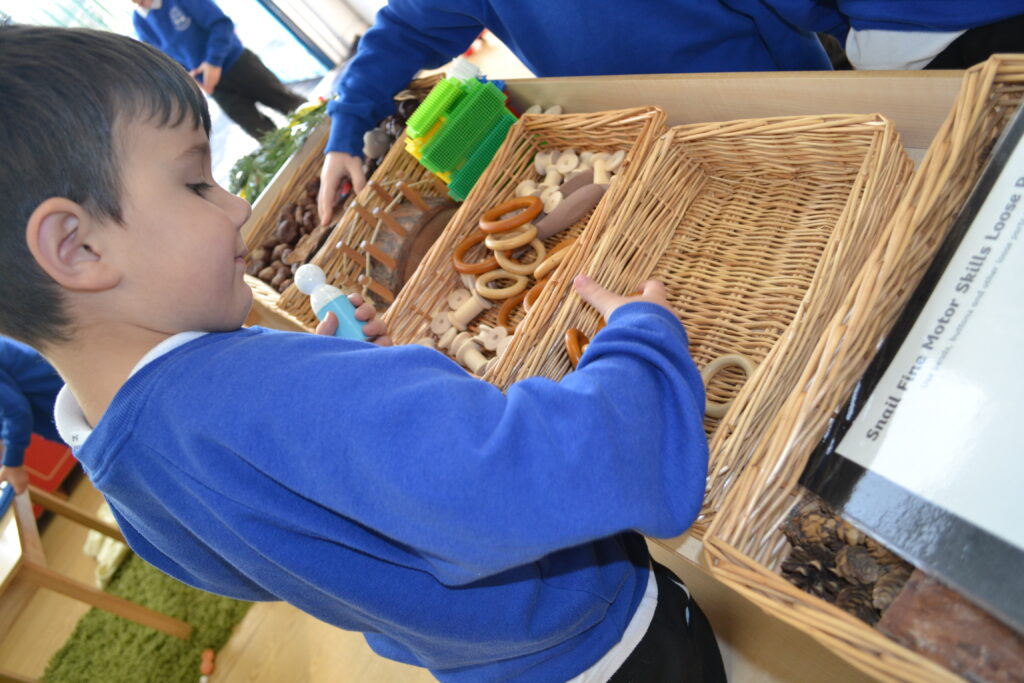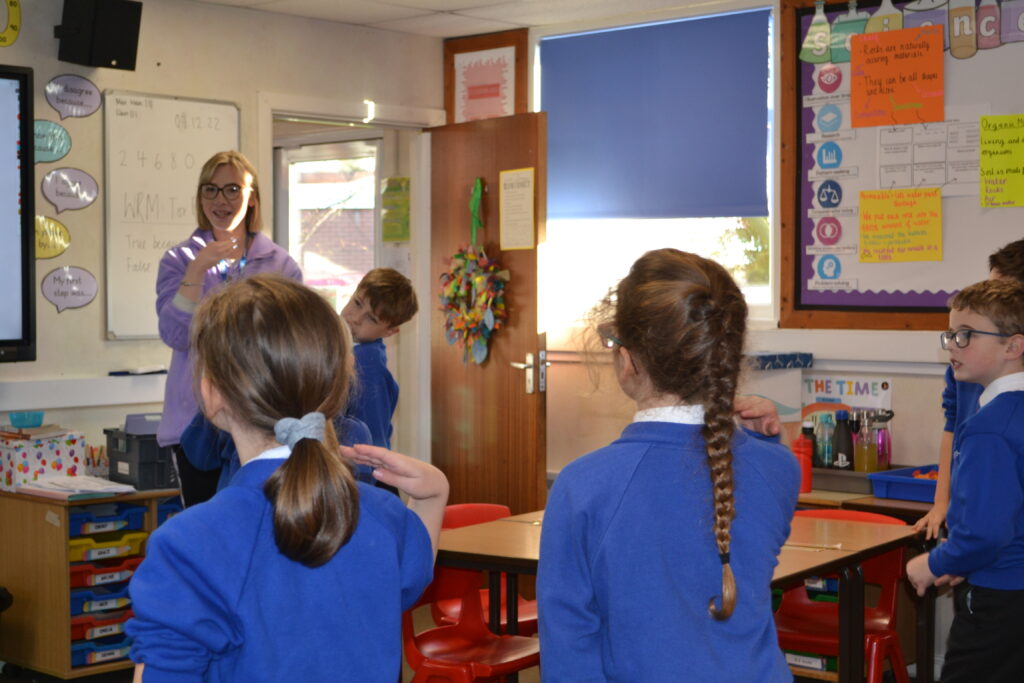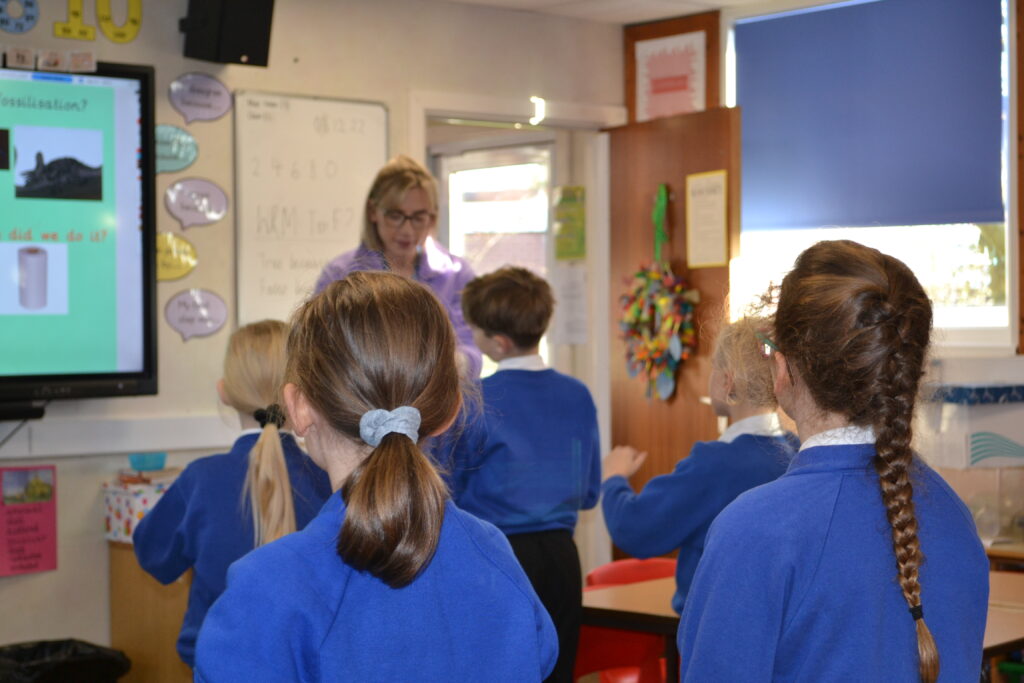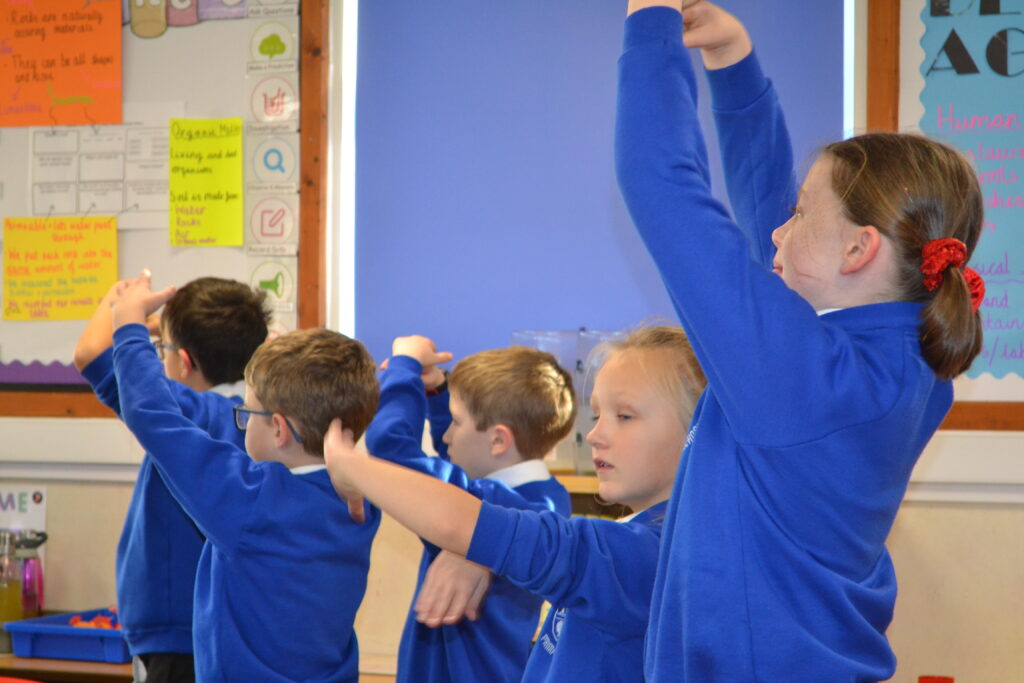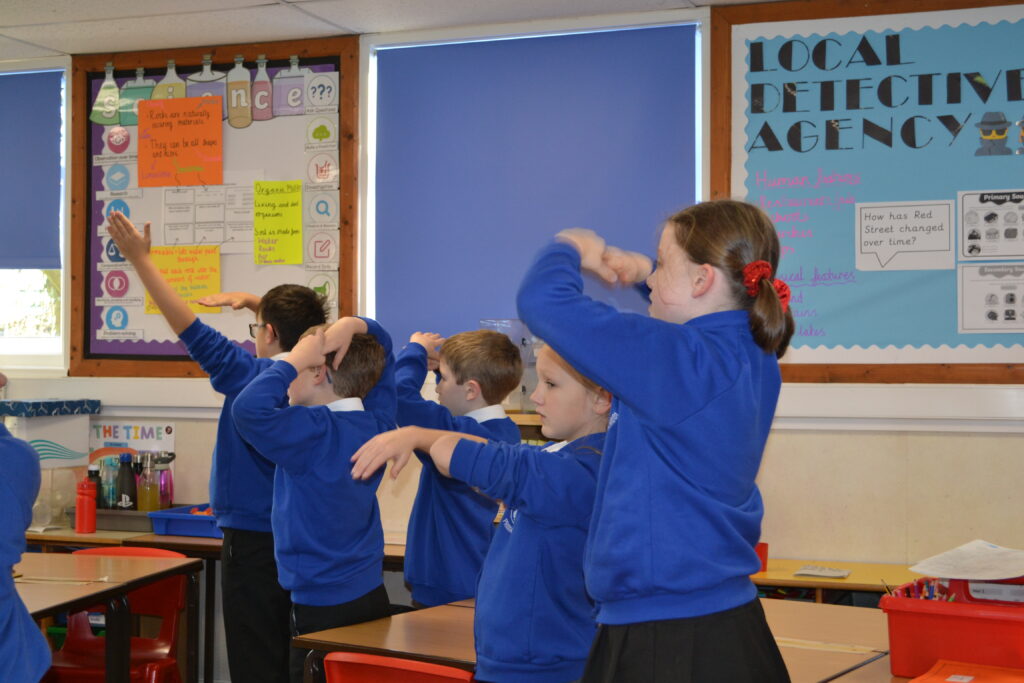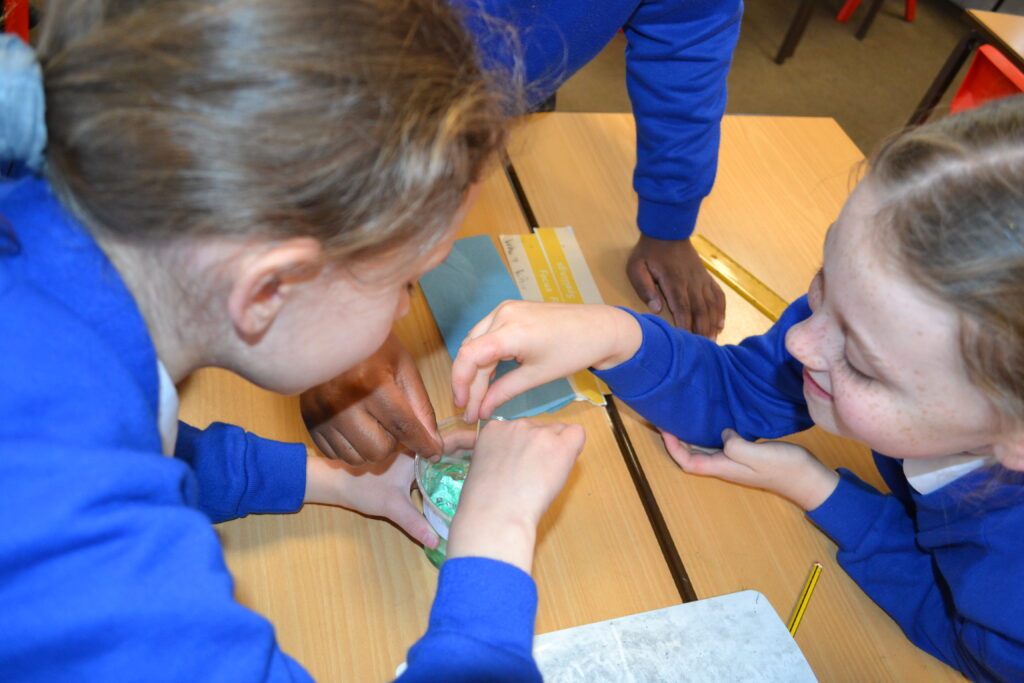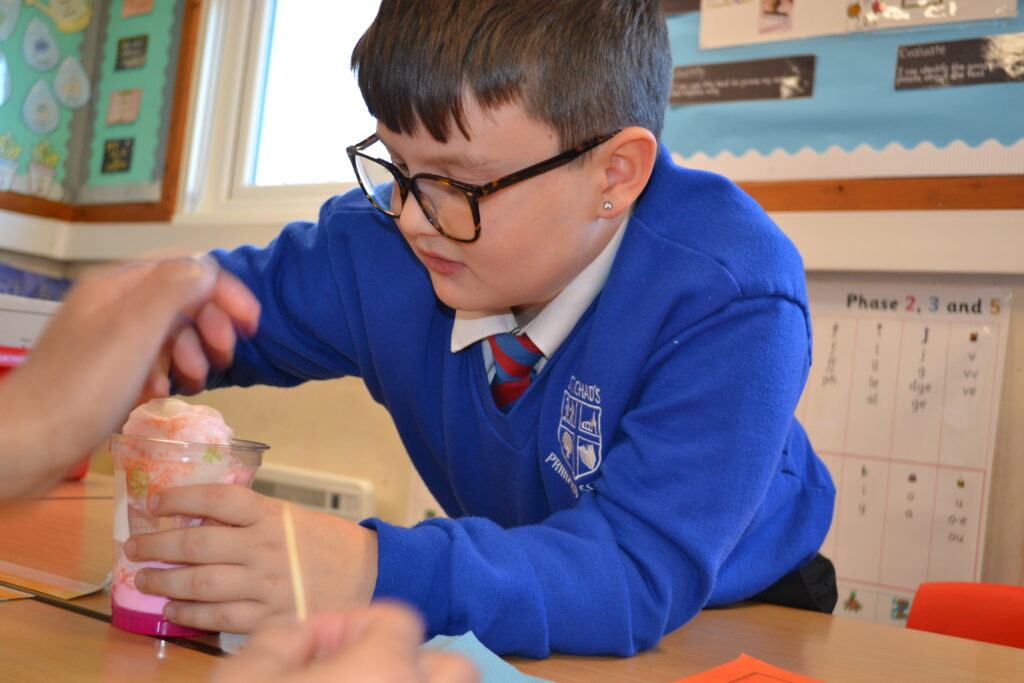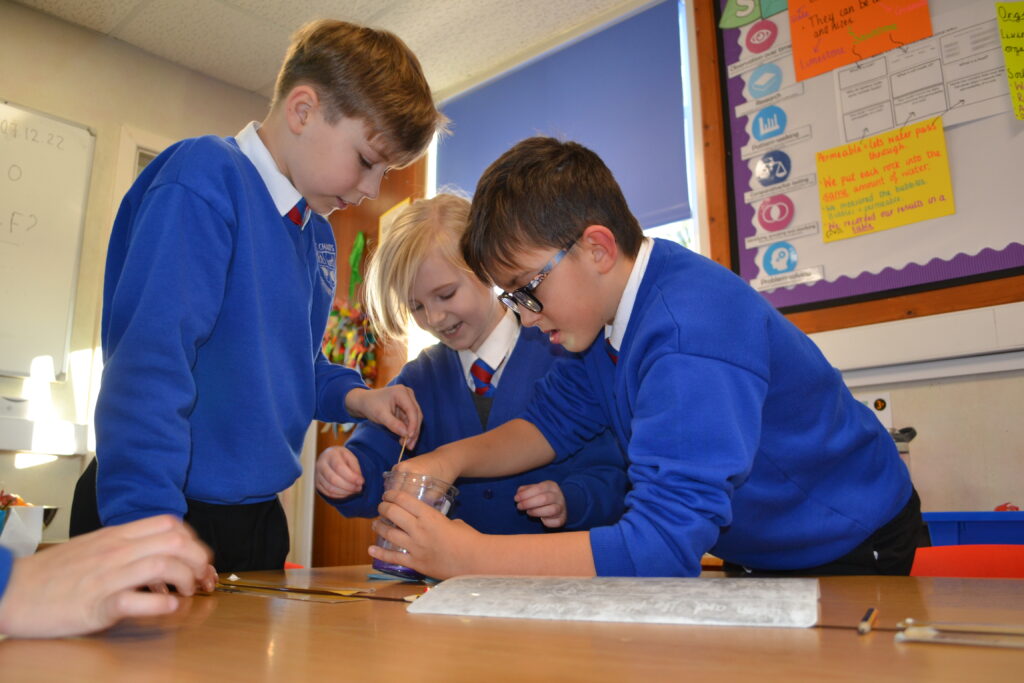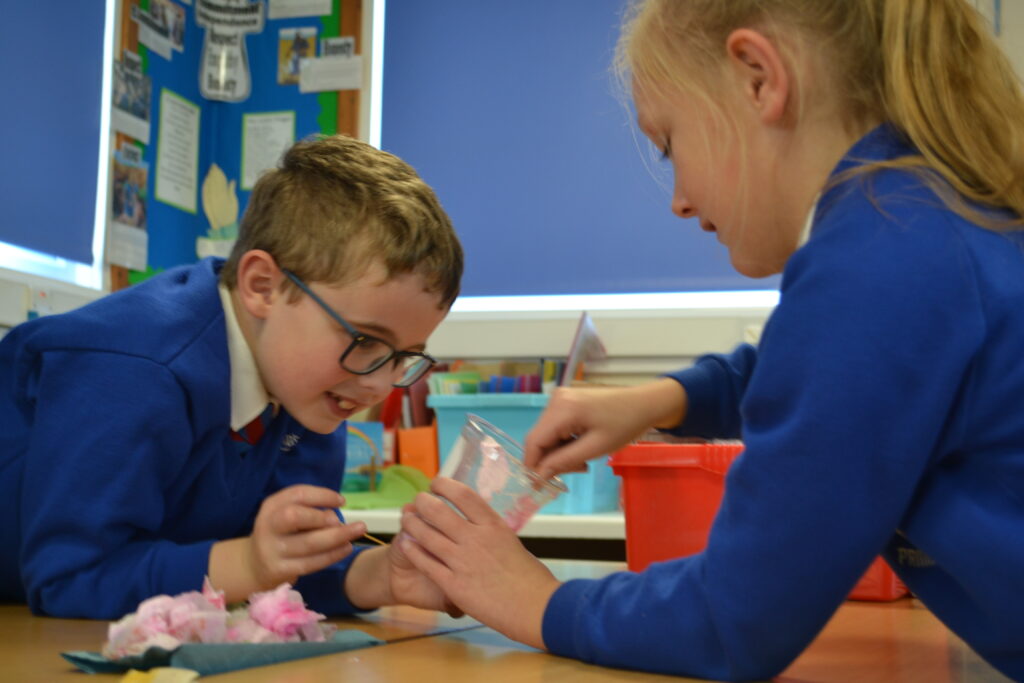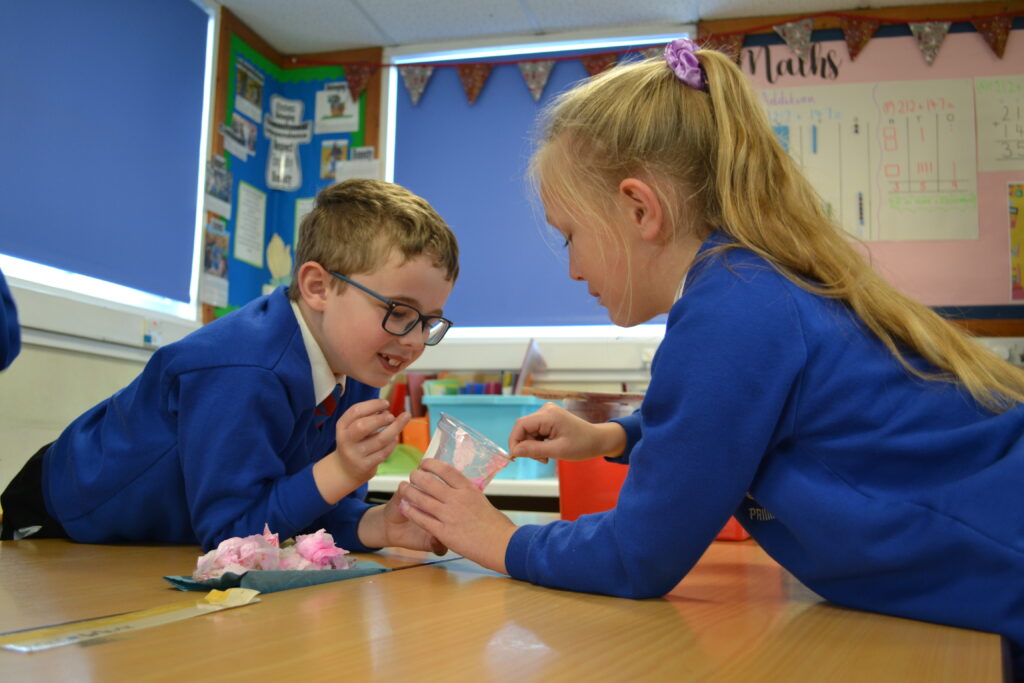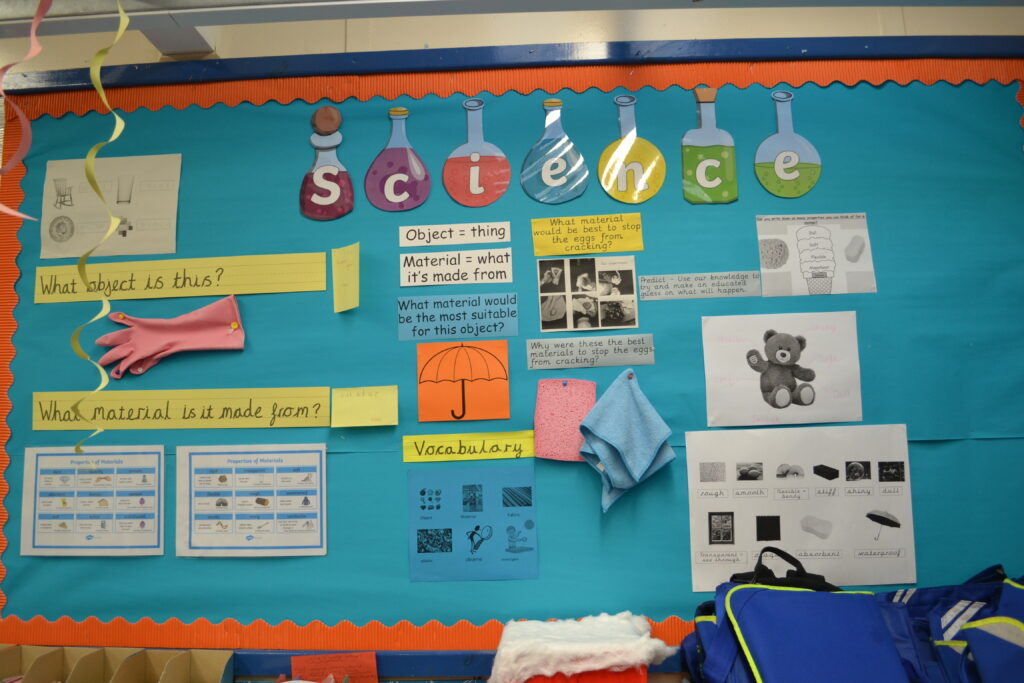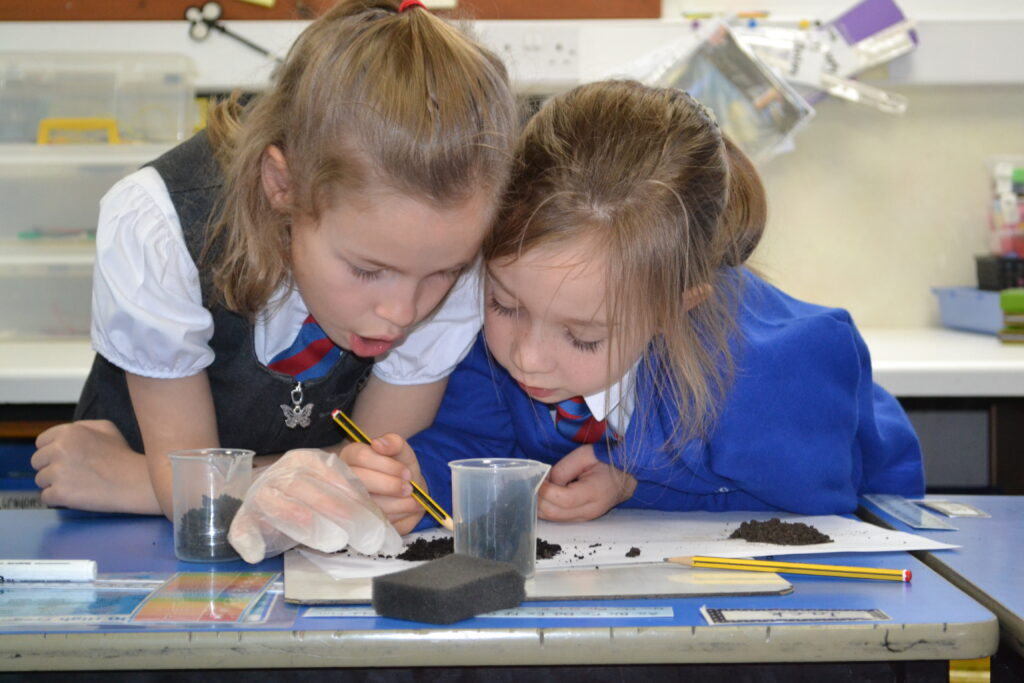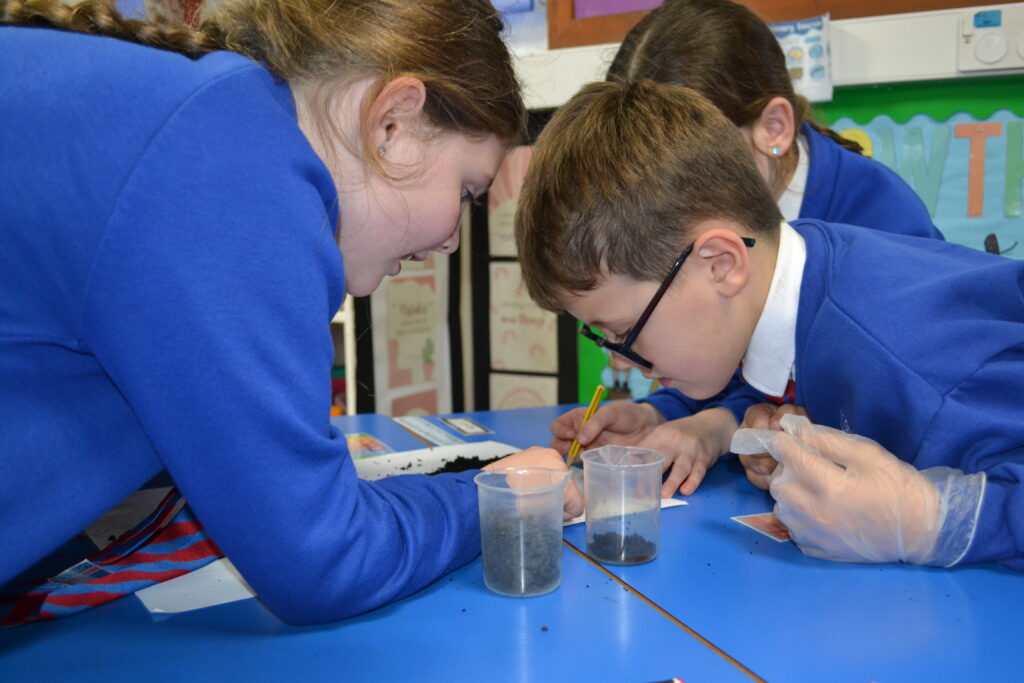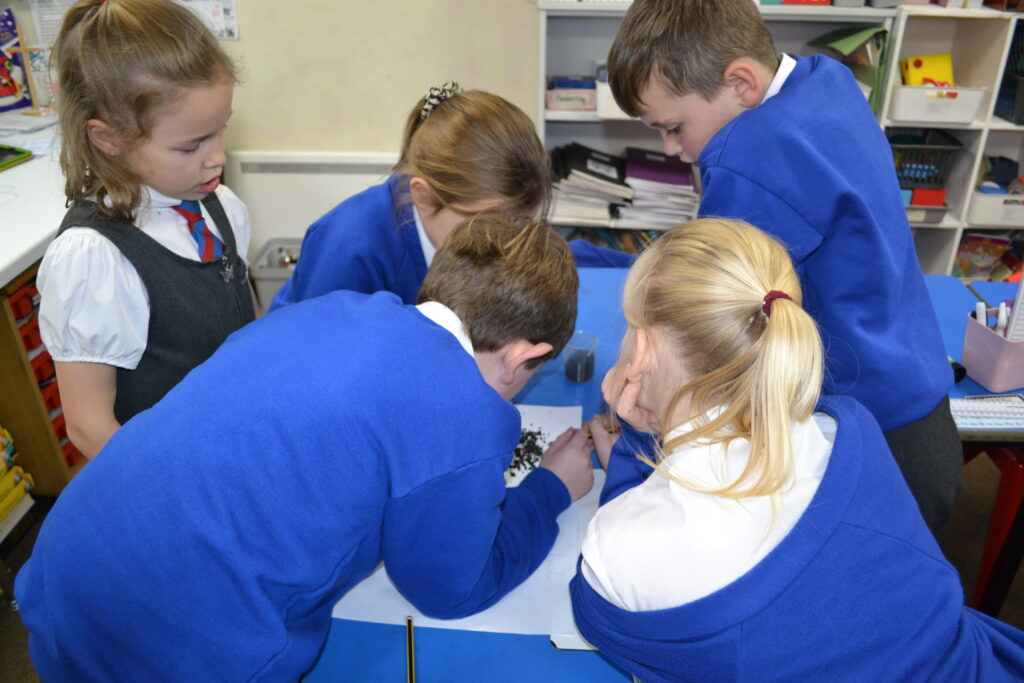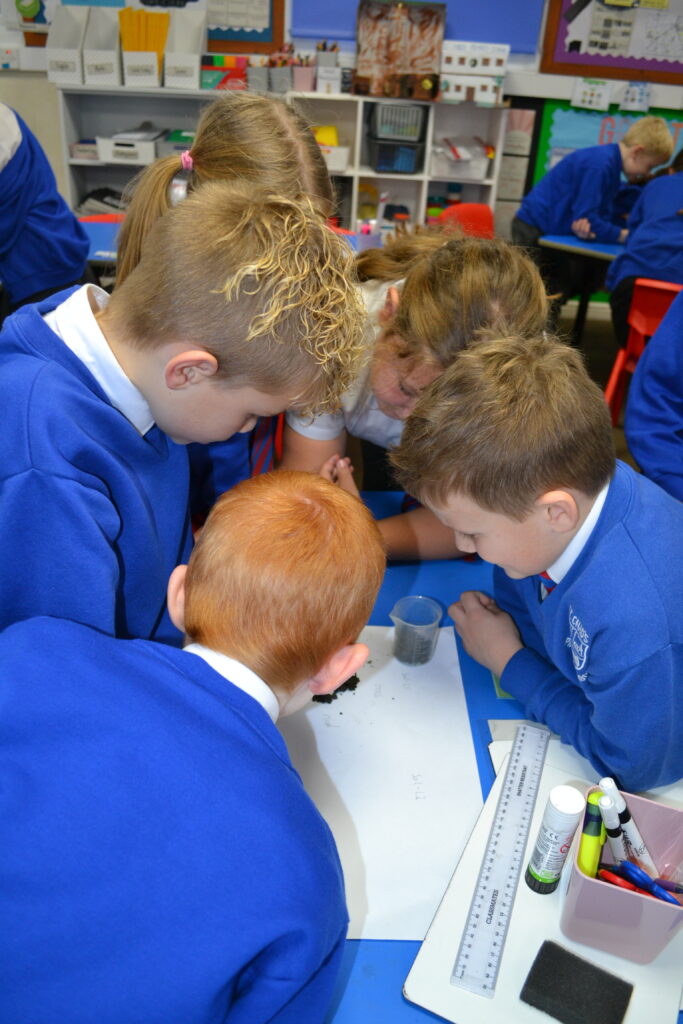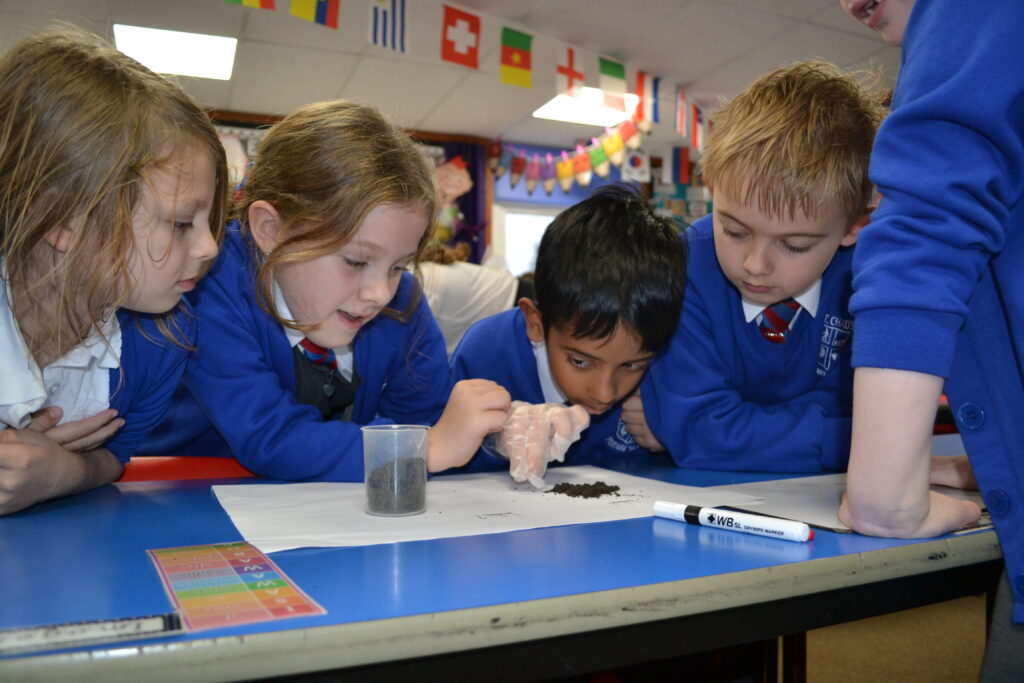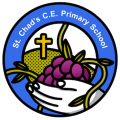Intent
These are the ‘Principles of Outstanding Science’ at St Chad’s CE C Primary School. They were devised and agreed by children and staff in November 2022 as part of PSQM. These principles inform our vision of how science should be taught at our school.
Principle 1: Science is practical and hands-on, and children enjoy learning through exploration.
Principle 2: Science goes beyond the classroom, enabling our pupils to appreciate the awe and wonder of our world.
Principle 3: Science embraces children’s natural curiosity, encouraging enquiring and reflective minds.
Principle 4: Science lessons are inspiring, engaging and purposeful.
Principle 5: Teachers deliver a sequence of knowledge and skills which build on prior learning, empowering children to develop an extensive and connected knowledge base.
We want our children to be inquisitive, investigative and innovative scientists who are fully involved in the scientific world we now live in, where amazing findings are made every day. We want our pupils to embrace their learning in Science and make discoveries of their own.
At St Chad’s Church of England Primary school, we provide an immersive science curriculum that stimulates children’s excitement and curiosity about the world around them. Our children enjoy learning through practical exploration and investigation and are empowered to ask and answer their own questions using a range of enquiry types. Through our curriculum, we aim to inspire children and enable them to recognise the relevance and importance of science to their own lives.
From the foundations in Early Years, where children learn about the natural world through exploration, observation and problem-solving, our curriculum is purposefully sequenced to ensure that children develop an extensive and connected knowledge base that builds both substantive and disciplinary knowledge. Teachers use a range of high-quality teaching and learning strategies which challenge and support the learning needs of all children. This ensures that every learner can fulfil their potential no matter what their starting point, ability or needs. We have the ethos of every child a learner and provide equal learning opportunities in Science for children to therefore ‘keep up not catch up’. Lessons are purposeful and contextualise pupils’ learning within the real world. Children are immersed in scientific vocabulary which develops their understanding of the topic and of the world around them. The relevant vocabulary is visible in every child’s book and is referred to during each science lesson. We also provide a range of enrichment activities to deepen and extend children’s learning and enhance their ‘Science Capital’.
High quality teaching and learning is embedded within every lesson. We begin each lesson with a short review of previous learning to ensure that pupils remember the content that has been taught to them over the long term. Key vocabulary is introduced and consolidated. A ‘hook’ is used to promote discussion and debate across the class, from which the children will learn and apply substantive and disciplinary knowledge through practical enquiry where possible. Scaffolds are provided to ensure every child is a successful learner. A lesson typically ends with a structured reflection to assess children’s understanding whilst also enabling pupils to evaluate their learning.
We use a range of strategies and processes to assess children’s subject knowledge and working scientifically skills. Staff use focused assessments from TAPs to assess children’s working scientifically skills as well as their key understanding of the topic. Children also complete a ‘knowledge wall’ at the end of each unit which questions them on the key knowledge for that topic. Teachers use this data to inform future planning, targeting any gaps in knowledge or skills to ensure that our pupils have every opportunity to develop as investigative scientists. At the end of each term, teachers make a summative judgement relating to the children’s knowledge and understanding. This is recorded on Scholar Pack and outlines whether children are on track or working towards the standard.
Our science curriculum is high quality, well thought out and planned to ensure progression. The impact of this is that our children know more, remember more and can do more. They can apply their knowledge, skills and understanding to real-life situations. They have the vocabulary to confidently articulate their understanding of taught concepts. They appreciate the awe and wonder of science and develop enquiring and reflective minds. When children leave our school, they have a clear understanding of why science is important in their life and have the skills to support them in a future career which will undoubtedly involve scientific processes.
Class Activities Gallery:
